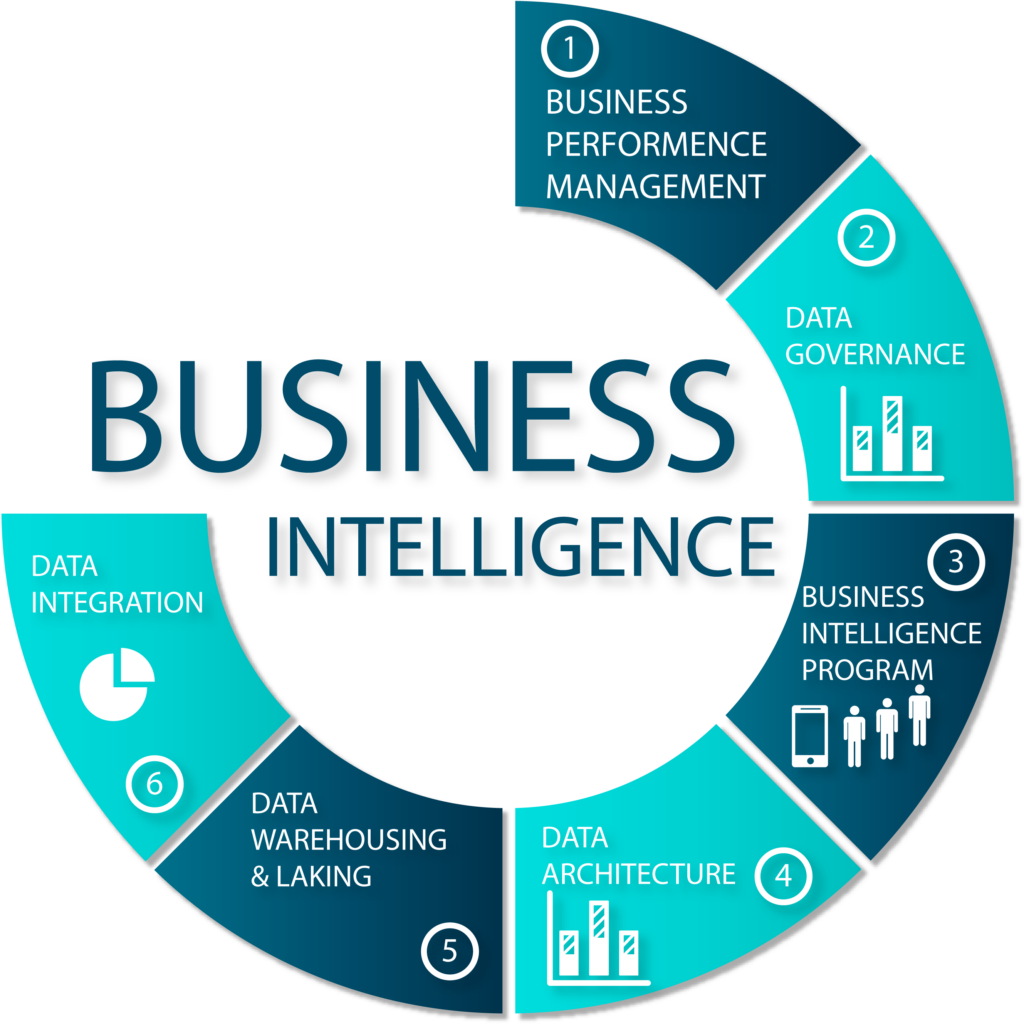
How Business Intelligence Software Enhances Market Understanding
In today’s fast-paced and competitive business landscape, understanding the market is crucial for organizations to stay ahead of the curve. Market understanding is the foundation of informed decision-making, and it enables businesses to identify opportunities, mitigate risks, and drive growth. Business intelligence (BI) software has emerged as a powerful tool to enhance market understanding, providing organizations with the insights they need to make data-driven decisions. In this article, we will explore how BI software enhances market understanding and the benefits it offers to businesses.
What is Business Intelligence Software?
Business intelligence software is a set of tools and technologies that help organizations collect, analyze, and visualize data to gain insights into their business operations and market trends. BI software combines data from various sources, including internal systems, external data sources, and social media, to provide a comprehensive view of the market. This enables businesses to identify patterns, trends, and correlations that might not be apparent through traditional analysis methods.
How Does Business Intelligence Software Enhance Market Understanding?
BI software enhances market understanding in several ways:
- Data Integration: BI software integrates data from multiple sources, including customer relationship management (CRM) systems, enterprise resource planning (ERP) systems, and social media platforms. This provides a unified view of the market, enabling businesses to analyze customer behavior, preferences, and trends.
- Data Analysis: BI software offers advanced analytics capabilities, including predictive analytics, statistical modeling, and data mining. This enables businesses to analyze large datasets, identify patterns, and forecast future trends.
- Data Visualization: BI software provides interactive and intuitive dashboards, reports, and visualizations, making it easy for businesses to understand complex data insights. This enables decision-makers to quickly identify trends, opportunities, and challenges.
- Real-time Insights: BI software provides real-time insights into market trends, customer behavior, and business operations. This enables businesses to respond quickly to changing market conditions and stay ahead of the competition.
- Collaboration: BI software enables collaboration and sharing of insights across departments and teams. This fosters a culture of data-driven decision-making, where everyone has access to the same information and can contribute to market understanding.
Benefits of Business Intelligence Software
The benefits of BI software in enhancing market understanding are numerous:
- Improved Decision-Making: BI software provides accurate and timely insights, enabling businesses to make informed decisions that drive growth and profitability.
- Increased Efficiency: BI software automates data analysis and reporting, freeing up resources for more strategic activities.
- Enhanced Customer Understanding: BI software provides a 360-degree view of customers, enabling businesses to understand their needs, preferences, and behavior.
- Competitive Advantage: BI software enables businesses to stay ahead of the competition by identifying market trends, opportunities, and threats.
- Revenue Growth: BI software helps businesses to identify new revenue streams, optimize pricing, and improve customer retention.
- Risk Mitigation: BI software enables businesses to identify and mitigate risks, such as market volatility, regulatory changes, and competitive threats.
- Improved Operational Efficiency: BI software provides insights into business operations, enabling organizations to optimize processes, reduce costs, and improve productivity.
Common Features of Business Intelligence Software
Some common features of BI software include:
- Dashboards: Interactive and customizable dashboards that provide a unified view of key performance indicators (KPIs) and metrics.
- Reports: Pre-built and custom reports that provide in-depth analysis of business data.
- Data Visualization: Interactive and intuitive visualizations, such as charts, graphs, and heat maps, that make complex data easy to understand.
- Predictive Analytics: Advanced analytics capabilities that enable businesses to forecast future trends and predict outcomes.
- Data Mining: Capabilities that enable businesses to discover hidden patterns and relationships in large datasets.
- Collaboration Tools: Features that enable teams to share insights, collaborate on analysis, and contribute to decision-making.
- Mobile Access: Mobile apps and responsive design that enable users to access BI software on-the-go.
Real-World Examples of Business Intelligence Software
Several organizations have successfully implemented BI software to enhance market understanding and drive business growth. For example:
- Walmart: The retail giant uses BI software to analyze customer behavior, optimize pricing, and improve supply chain efficiency.
- Coca-Cola: The beverage company uses BI software to analyze market trends, optimize marketing campaigns, and improve customer engagement.
- Amazon: The e-commerce company uses BI software to analyze customer behavior, optimize pricing, and improve supply chain efficiency.
- Microsoft: The technology company uses BI software to analyze market trends, optimize product development, and improve customer engagement.
Challenges and Limitations of Business Intelligence Software
While BI software offers numerous benefits, there are also challenges and limitations to consider:
- Data Quality: BI software requires high-quality data to provide accurate insights. Poor data quality can lead to misleading insights and incorrect decisions.
- Integration: BI software requires integration with multiple data sources, which can be time-consuming and costly.
- Complexity: BI software can be complex and difficult to use, requiring specialized skills and training.
- Cost: BI software can be expensive, especially for small and medium-sized businesses.
- Security: BI software requires robust security measures to protect sensitive data and prevent data breaches.
Conclusion
Business intelligence software has emerged as a powerful tool to enhance market understanding, providing organizations with the insights they need to make informed decisions. By integrating data from multiple sources, analyzing complex data sets, and providing interactive visualizations, BI software enables businesses to understand their customers, markets, and operations like never before. While there are challenges and limitations to consider, the benefits of BI software far outweigh the costs. As the business landscape continues to evolve, BI software will play an increasingly important role in driving growth, innovation, and competitiveness. By leveraging BI software, organizations can stay ahead of the curve, drive revenue growth, and achieve long-term success.
Closure
Thus, we hope this article has provided valuable insights into How Business Intelligence Software Enhances Market Understanding. We thank you for taking the time to read this article. See you in our next article!


